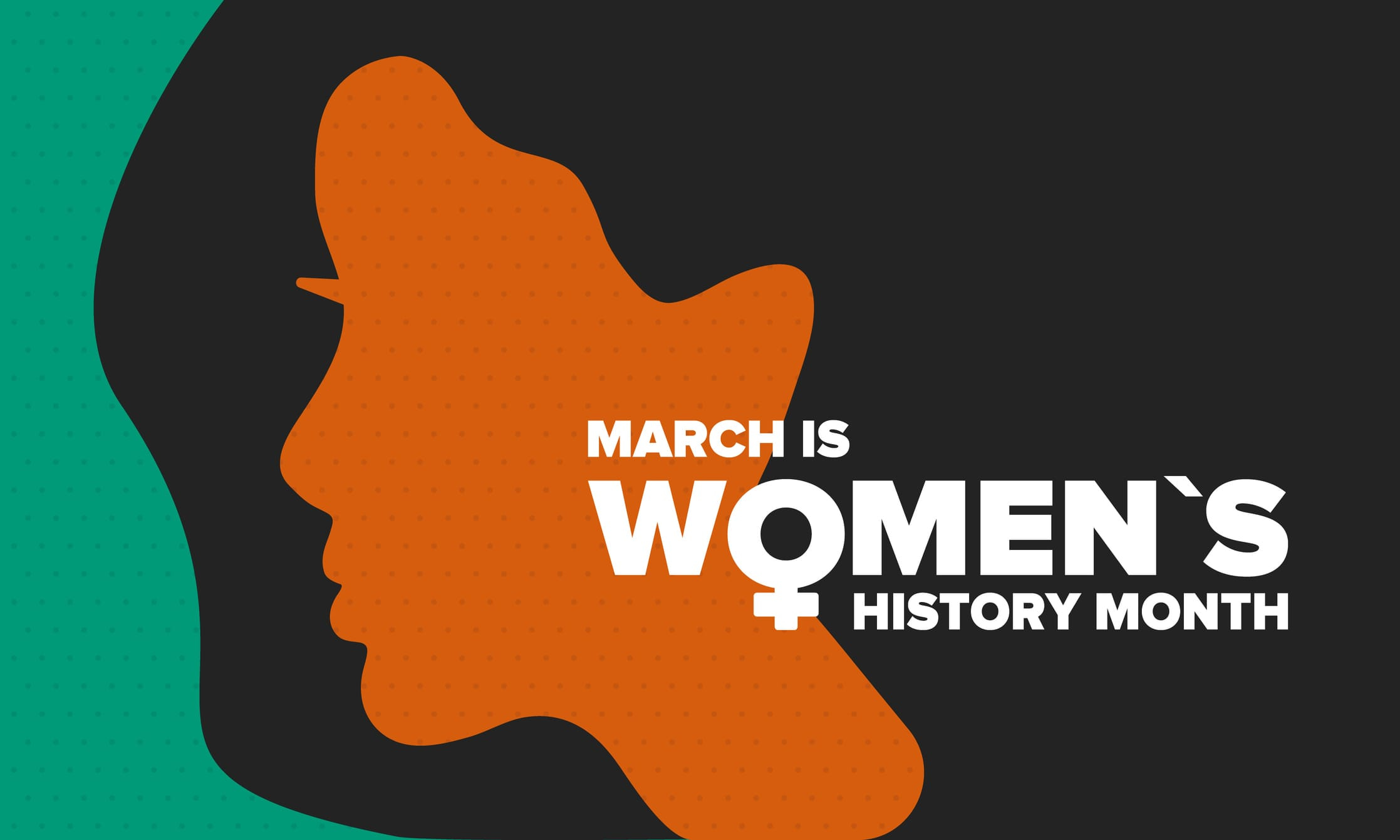Celebrating Women’s History Month

Women have played a significant role in our culture, but these contributions have been brushed over, or are entirely missing from the history books. Women’s History Month was established to celebrate women’s contributions to world cultures, history, and society.
In 1980, President Jimmy Carter was responsible for the first proclamation, declaring the week of March 8 as Women’s History Week. His message read:
“From the first settlers who came to our shores, from the first American Indian families that befriended them, men and women have worked together to build this nation. Too often the women were unsung, and sometimes their contributions went unnoticed. But the achievements, leadership, courage, strength, and love of the women who built America were as vital as that of the men whose names we know so well.”
The following year, the U.S. Congress passed a resolution establishing that week as a national celebration. The National Women’s History Project (now the National Women’s History Alliance), a not-for-profit organization, founded in 1980 to “promote multicultural women’s history awareness,” successfully petitioned Congress to extend the celebration to continue for the entire month of March each year.
Providing Healing, Promoting Hope: Women in History
The theme for Women’s History Month 2022 is “Women Providing Healing, Promoting Hope,” a timely theme, considering the ceaseless work of women serving in the healthcare field during the pandemic, and the significant historical contributions of women in the healing arts. In the present day, almost 77 percent of healthcare workers are women, over a quarter of a million are physicians, and 1.2 million are registered nurses. These professionals have performed the courageous act of caring for the ill and injured over times of war and peace, exhibiting extraordinary strength and dedication.
Women, the Unsung Heroes of Cultural Advancement
Women’s History Month celebrates the influence of women on our culture throughout history, and this year, in the art and science of healing and fostering hope. Women, while serving their families and the communities in which they live, have faced exceptional challenges to achieve gender equality throughout history, and the field of the healing arts is no exception.
Elizabeth Blackwell, who lived from 1981 to 1910, was the first American woman to achieve a medical degree. She overcame many gender barriers to be able to gain access to medical education. She eventually opened her own medical college specifically for women and continues to be an inspiration to women entering the medical field.
Rebecca Lee Crumpler was the first Black woman to achieve a medical degree, and the author of “Book of Medical Discourses,” one of the first medical books published by an African American physician. She tended to the medical care of freed slaves who were left without options for treatment. She is quoted as saying, “I early conceived a liking for, and sought every opportunity to, relieve the suffering of others.”
Susan La Flesche Picotte was the first Native American to achieve a medical degree. She was dedicated to providing care to her community, with a practice that spanned more than 450 square miles, providing medical care and other services to over 1300 people.
These are just a few of the luminaries who have changed our culture forever, with countless women providing compassionate care as medical professionals, serving as religious leaders, and as scientists dedicated to improving the health of human beings. Katalin Kariko, a Hungarian woman biochemist, is responsible for researching mRNA for protein therapies, and her co-discovery is the foundation for the therapeutic use of mRNA in COVID-19 vaccines.
Caring and Compassion Change the World
The expression of compassion in women includes nurturing, bonding, and caring; inherent qualities that when expressed, instill hope. These qualities deserve to be recognized, celebrated, and the stories of women told throughout the ages, and visible in the history books of the future.
Women’s History Month allows us to share the accomplishments of women with others and with our youth. Changing a culture takes time, and the foundations of these changes are found in the actions of individuals. Take the time to celebrate Women’s History Month and learn about the contributions of women to promoting healing and hope, against all odds.
